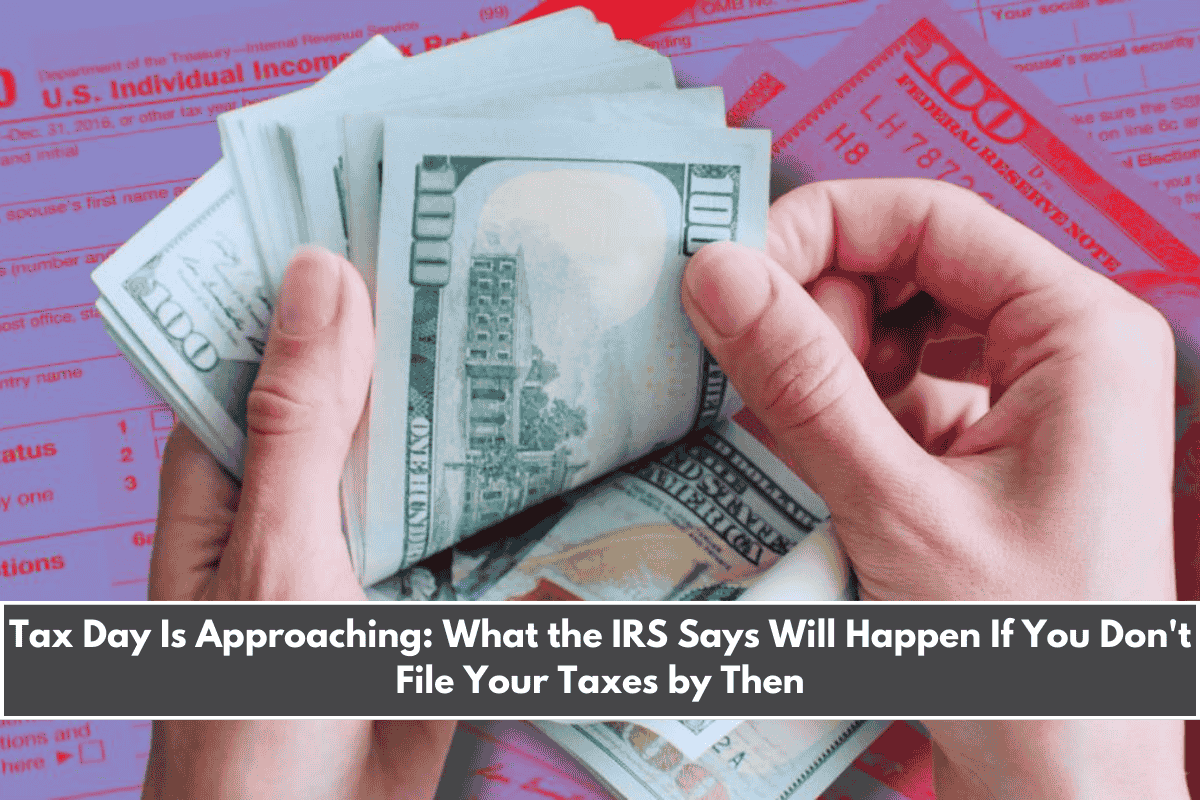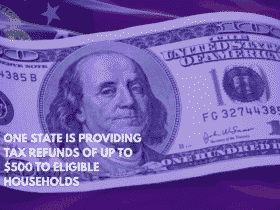April 15, 2025, is known as “Tax Day” in the United States, marking the deadline for taxpayers to file their 2024 federal tax returns. For many, it is a day of reckoning, where taxes are due, and returns need to be filed with the Internal Revenue Service (IRS).
This date has remained consistent over the years, with no changes expected in 2025 due to holidays or exceptional circumstances, according to official IRS information.
What Do You Need to File by April 15, 2025?
By April 15, 2025, taxpayers must submit their returns, either electronically or on paper, and include necessary documents such as:
- W-2 forms (for income earned as an employee)
- 1099 forms (for income earned as a contractor, freelance work, or other sources)
Those who owe taxes will need to pay at least part of their balance to avoid penalties. If you expect a refund, you still need to file your tax return, as the IRS will not process returns without all the required information.
What Happens If You Miss the April 15 Deadline?
If you miss the deadline to file your return or pay your taxes, you will face penalties. The IRS imposes two types of penalties:
- Late Filing Penalty: If you don’t file your return on time and you owe taxes, you’ll face a penalty of 5% per month on the tax due, with a maximum penalty of 25%.
- Late Payment Penalty: If you file on time but don’t pay the taxes owed, the penalty is 0.5% per month on the outstanding balance, also capped at 25%.
In both cases, interest will accrue daily from April 15, so it’s important to settle any outstanding tax balance as soon as possible.
For those who cannot pay the full amount, the IRS recommends paying as much as possible and considering alternatives like installment payment plans to spread out the payments over time. Additionally, April 15 is also the deadline for the first installment of estimated taxes for 2025, which self-employed individuals or those who earn income not subject to withholding must pay.
Can I Request an Extension?
Yes, you can request an extension to file your tax return until October 15, 2025, by submitting Form 4868. However, keep in mind that this extension is for filing only, not for payment. Taxes owed are still due by April 15, and if you don’t pay by this date, you will face penalties and interest, even if you request an extension to file your return.
In some cases, residents of areas affected by federal disasters may have extended deadlines, but these exceptions do not affect the general Tax Day of April 15 for most taxpayers.

How to Prepare for Filing Your Taxes
To avoid delays or mistakes, it’s important to properly prepare for tax season. Here are some essential steps:
- Check Your Address: Make sure the IRS has your current residential address if you expect a refund by paper check. This will ensure the IRS can send your refund correctly.
- Gather Required Documents: Collect essential tax documents like donation receipts, medical expenses, and proof of income. Having these ready will make the filing process smoother.
- Use Certified Tax Software: Using software like H&R Block or TaxAct can help identify applicable credits, such as the Child Tax Credit or education deductions, ensuring you maximize your refund. If you earn over $73,000 in 2024, you may be eligible for Free File, an IRS program that allows you to file electronically for free.
- Avoid Common Errors: Some of the most frequent mistakes are omitting income or entering incorrect bank information for direct deposit. These errors can delay your refund because the IRS may need to review your return. Double-check routing and account numbers before submitting your return.
- Consult a Professional for Complex Cases: If you have more complex situations, such as foreign income or property sales, it’s recommended that you consult a tax professional to ensure you file correctly.
How the IRS Is Using Technology to Detect Fraud
In 2025, the IRS will continue to use automated verification technology to compare your tax return with the data reported by employers and financial institutions. This measure helps reduce tax fraud, which cost the U.S. government $688 million in 2023.
To avoid discrepancies and potential issues with your return, ensure that the 1099-MISC and W-2 forms you file match the data already reported to the IRS. If there are mismatches, the IRS will flag your return for further review, which could delay processing.











Leave a Reply